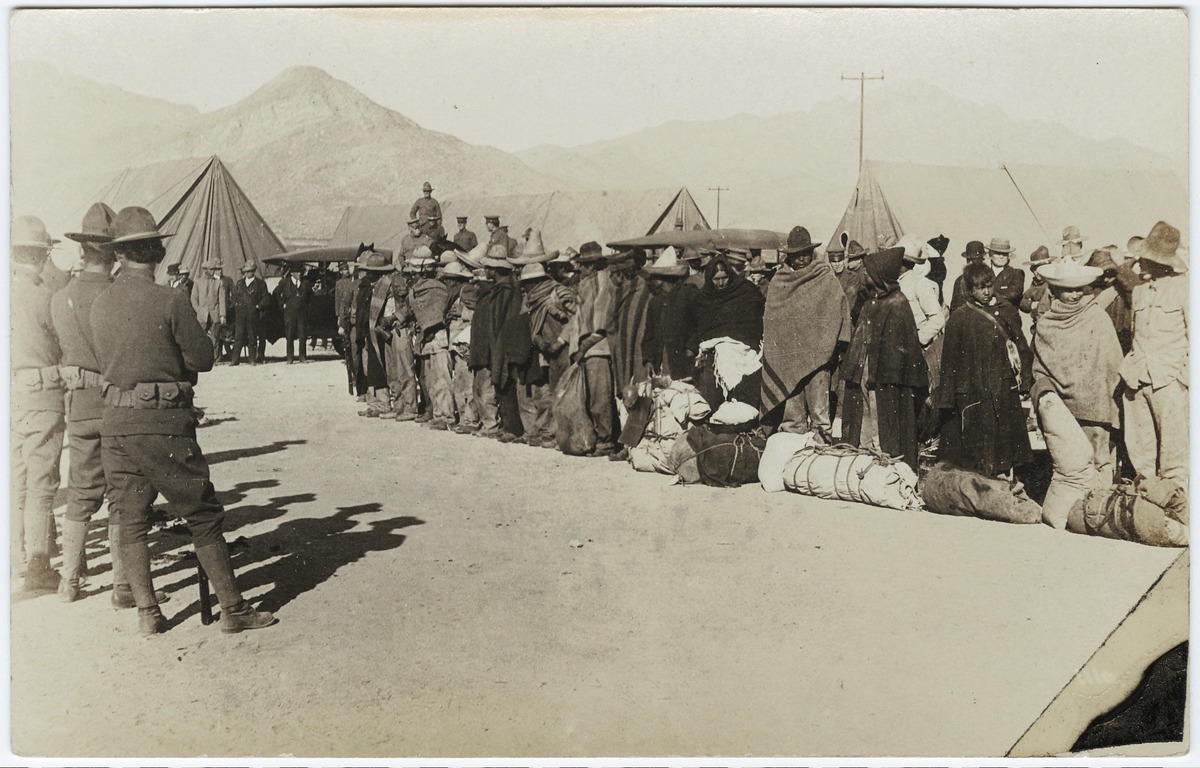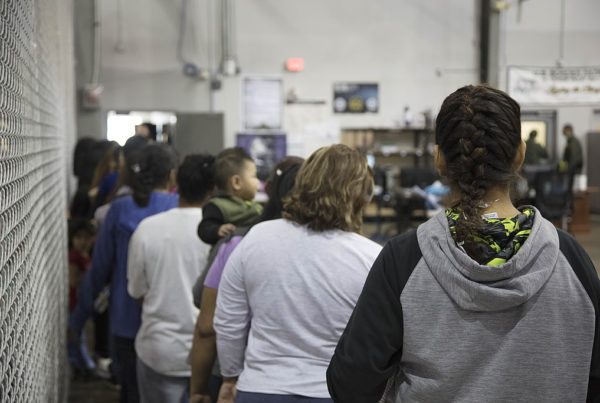It’s an era of Texas history that many of us don’t know much about: when the State of Texas sponsored violence against ethnic Mexicans along the border. But it’s had long-lasting implications for victims and their families.
Monica Munoz Martinez, an assistant professor of American Studies at Brown University is the primary investigator for a digital project that documents histories of racial violence in Texas. She also recently published the book, “The Injustice Never Leaves You: Anti-Mexican Violence in Texas.”
Her book recounts the period of racial terror against Mexicans in the early 1900s that spurred families, neighbors and witnesses to seek justice for the past 100 years.
“There was a widespread culture of endorsing anti-Mexican violence. It was either encouragement by politicians, elected officials, county juries deciding not to indict assailants. The media also portrayed victims of violence as bandits and criminals,” Martinez says.
The primary aggressors were Texas Rangers, U.S. soldiers, local law enforcement and vigilantes.
“Assailants weren’t held accountable,” Martinez says. “One hundred years later people are still asking for a public acknowledgment and a truthful accounting, and that’s one important form of redress.”
The humanitarian crisis at the border has striking parallels to the violent history featured in the book, Martinez says.
“[The] use of political rhetoric to criminalize racial and ethnic groups, the call for violent border policing and widespread acceptance of violent measures,” Martinez says, are some examples.
In her book, Martinez also highlights people like José T. Canales and Jovita Idar, who fought for social justice during this period of violence.
“We have to be actively engaged in what is the truthful recounting of our past, and also bringing to light heroes,” Martinez says. “ I’m not only happy to shed light on this violent time in history but also to celebrate the long efforts to build a better world that respects due process, that respects civil rights and respects human rights on the border.”
Written by Brooke Vincent.

















